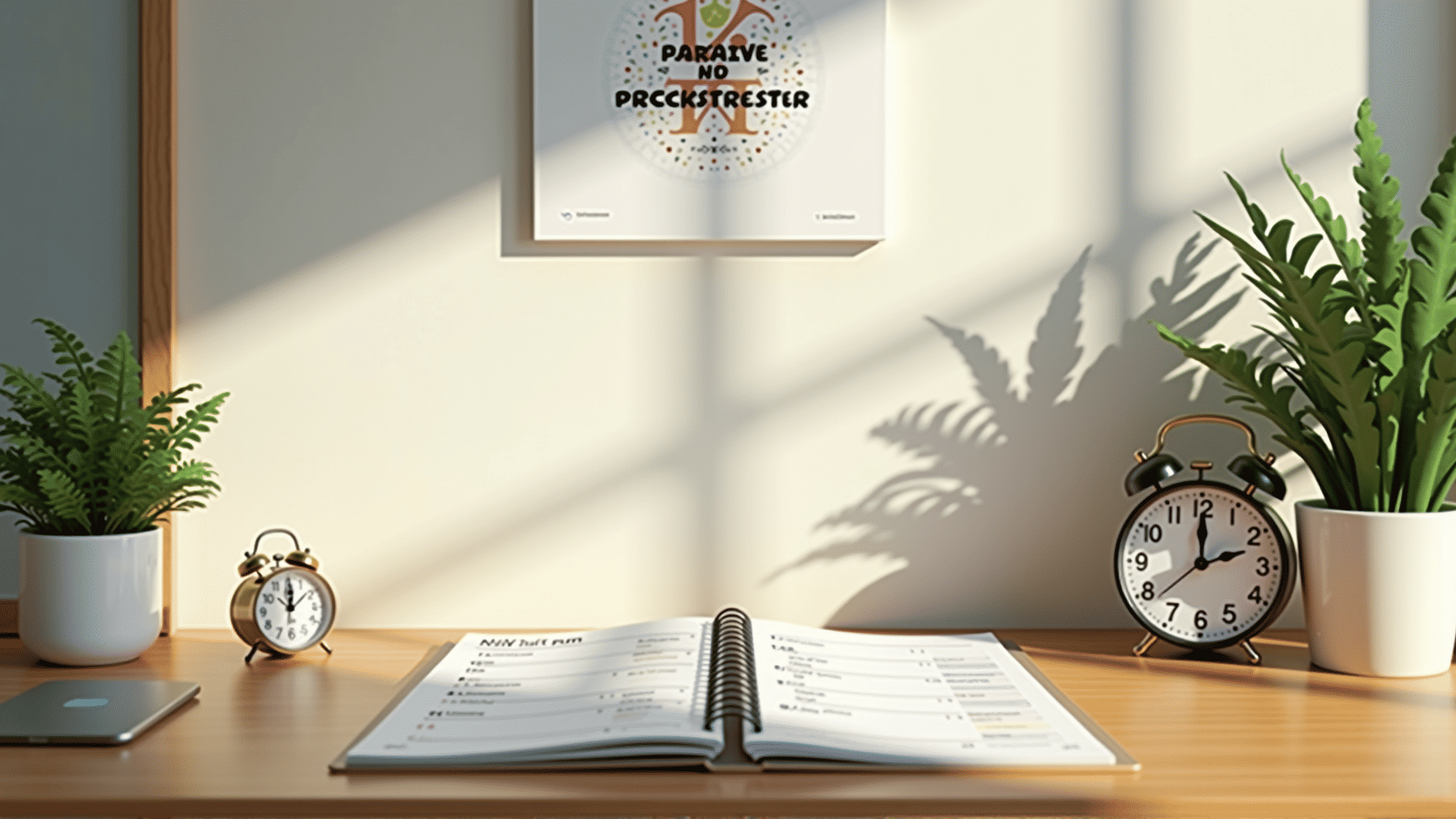In today's fast-paced world, achieving a sense of balance amid various responsibilities and interests can seem daunting. However, mastering how to allocate your time effectively can lead not only to increased productivity but also to enhanced personal fulfillment. Below are some strategies to help you harmonize your commitments and find equilibrium in your daily life.
Set Clear Priorities
The first step towards effective time allocation is identifying what truly matters to you. Take time to define your core values and goals, both in your career and personal life. This clarity will serve as a guide in deciding where your energy and hours should be focused. If health is a priority, ensure to carve out time for regular exercise and proper nutrition. If nurturing relationships is important, schedule regular time to connect with family and friends.
Create a Structured Schedule
A well-structured schedule is crucial in managing your time effectively. Start by breaking your day into blocks dedicated to specific tasks or categories such as work, personal development, leisure, and social interactions. By allocating distinct time slots to different activities, you'll prevent tasks from overlapping and reduce stress levels. Consider utilizing digital tools, like calendar apps or task management platforms, which can send reminders and help keep you on track.
Embrace the Power of Routine
Creating routines can immensely improve your time management skills. When your daily actions become habitual, you spend less time deciding what to do next, allowing you to focus on tasks that require more mental energy. Establish morning and evening routines that align with your priorities. Whether it’s a meditation practice in the morning or reading before bed, consistent habits pave the way for a productive and balanced life.
Learn to Say No
Avoiding overcommitment is essential for maintaining a healthy balance. While it may be tempting to seize every opportunity that comes your way, it’s important to evaluate whether these align with your objectives and core values. Respectfully declining activities or meetings that do not serve your ultimate goals frees up time for pursuits that are truly meaningful to you.
Dedicate Time for Leisure and Relaxation
Rest and relaxation are key components of a balanced life. Overworking can lead to burnout and decreased productivity. Schedule regular downtime to unwind and engage in activities that bring you joy and recharge your energy. Whether it’s taking a walk in nature, practicing a hobby, or simply enjoying a quiet moment, valuing leisure time is critical for maintaining mental and physical well-being.
Reflect and Adjust
Finally, regularly reflect on your time allocation and make adjustments where necessary. Life is dynamic, and your priorities may shift over time. At the end of each week—or month—review how you spent your time and evaluate if you are progressing toward your goals. Make the necessary changes to your schedule to better align with your developing priorities.
In conclusion, mastering time allocation is not about rigid scheduling or fitting more tasks into your day. It’s about consciously choosing where to direct your time and energy to create a life that is fulfilling and balanced. By setting clear priorities, establishing routines, and remembering to rest, you can take control of your time and, ultimately, live a more harmonious life.
